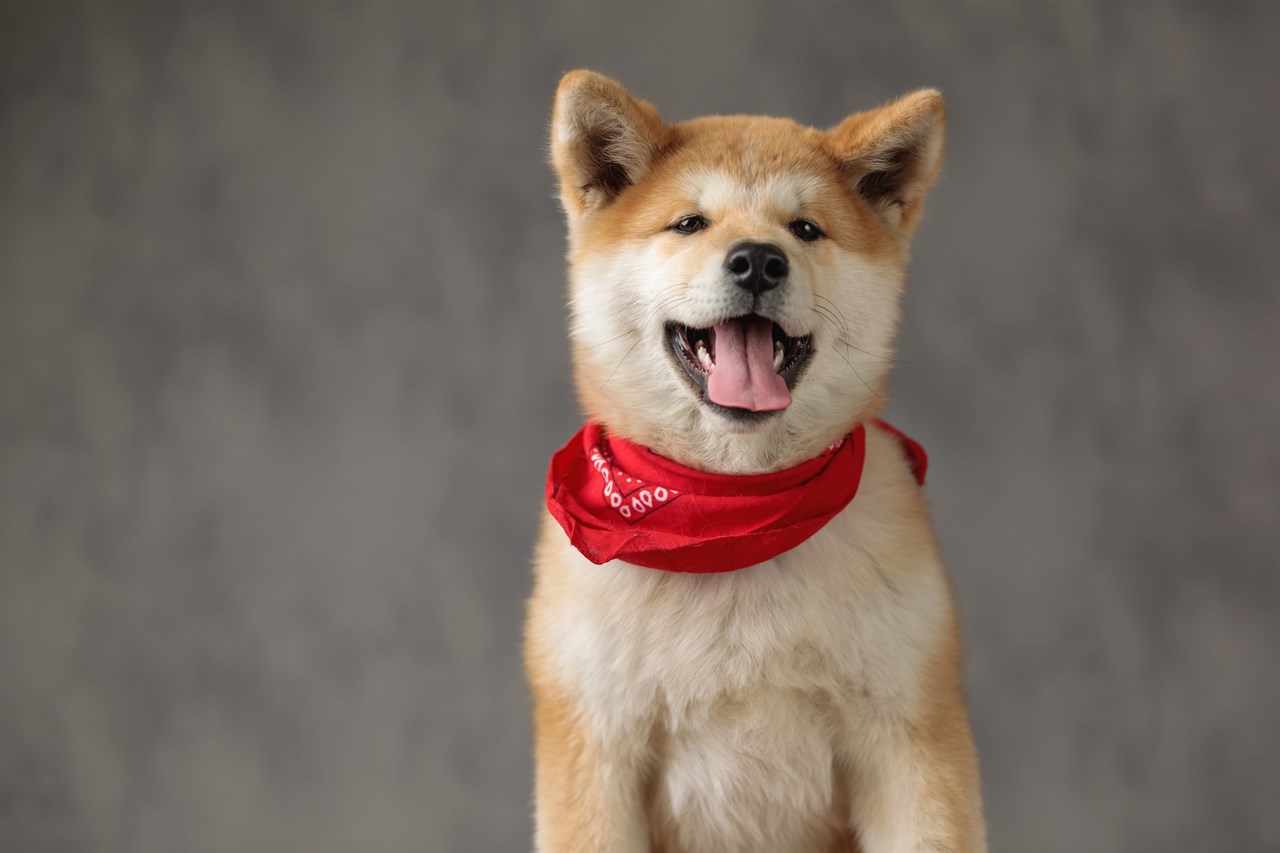Feeding Habits and Food Requirements of the Akita Inu

Proper nutrition is essential for the health and well-being of the Akita Inu, a noble and robust breed. Understanding their feeding habits and dietary needs is crucial to ensure they receive the right balance of nutrients at different life stages.
Feeding Frequency
- Puppies: Akita puppies require more frequent meals to support their rapid growth and development. They typically need to be fed 3 to 4 times a day until they are about 4-6 months old.
- Adults: Adult Akita Inus can transition to a feeding schedule of 2 meals per day. This feeding routine helps prevent overeating and obesity.
- Seniors: As Akitas age, they may require adjustments to their diet and feeding frequency. Consult with your veterinarian to determine the best approach for your senior Akita's specific needs.
Dietary Requirements
A balanced and nutritious diet is essential for an Akita Inu's health. Here are some dietary considerations:
- Protein: Akitas require high-quality protein in their diet to maintain their muscle mass and overall health. Look for dog food that lists a named meat source, such as chicken or beef, as the first ingredient.
- Fat: Adequate fat content is necessary for energy and healthy skin and coat. Ensure that the food provides a balance of omega-3 and omega-6 fatty acids.
- Carbohydrates: Carbohydrates provide energy, and many commercial dog foods contain grains like rice or oats. Akitas can tolerate grains, but some may do better on grain-free diets.
- Fruits and Vegetables: Some Akitas benefit from fruits and vegetables in their diet, which can provide essential vitamins and fibre. However, consult with your veterinarian before introducing them.
- Portion Control: Avoid overfeeding to prevent obesity, which is a common issue in Akitas. Follow the recommended feeding guidelines on the dog food label, but monitor your dog's weight and adjust portions as needed.
- Water: Always provide fresh, clean water for your Akita. They can be prone to overheating, so proper hydration is crucial.
Special Dietary Considerations
- Food Allergies: Some Akitas may have food allergies or sensitivities. If you notice signs of allergies such as skin issues or digestive problems, consult with your veterinarian to identify potential allergens and select an appropriate diet.
- Joint Health: Akitas are a large breed prone to joint issues like hip dysplasia. Feeding a diet formulated for joint health, or providing joint supplements as recommended by your vet, may be beneficial.
- Life Stage: The dietary needs of an Akita vary with age. Puppies need a diet rich in protein and calcium for growth, while senior Akitas may require lower-calorie, lower-fat foods to prevent weight gain.
- Consult with a Veterinarian: To ensure you are meeting your Akita's specific dietary requirements, consult with your veterinarian. They can provide guidance on the best food, portion sizes, and dietary supplements.
Homemade vs. Commercial Food
While some owners prefer to prepare homemade meals for their Akitas, it's essential to consult with a veterinary nutritionist to ensure the diet meets all of their nutritional needs. Commercial dog foods are formulated to provide a balanced and complete diet, making them a convenient choice for many pet owners.
Conclusion
In summary, feeding an Akita Inu involves providing a balanced diet appropriate for their age and activity level. Portion control and monitoring for allergies or sensitivities are crucial. Consult with a veterinarian to select the best food and feeding plan for your Akita's individual needs to keep them healthy and thriving.
Akita Inu puppies for sale
- Find Akita Inu puppies for sale in ACT
- Find Akita Inu puppies for sale in NSW
- Find Akita Inu puppies for sale in NT
- Find Akita Inu puppies for sale in QLD
- Find Akita Inu puppies for sale in SA
- Find Akita Inu puppies for sale in TAS
- Find Akita Inu puppies for sale in VIC
- Find Akita Inu puppies for sale in WA